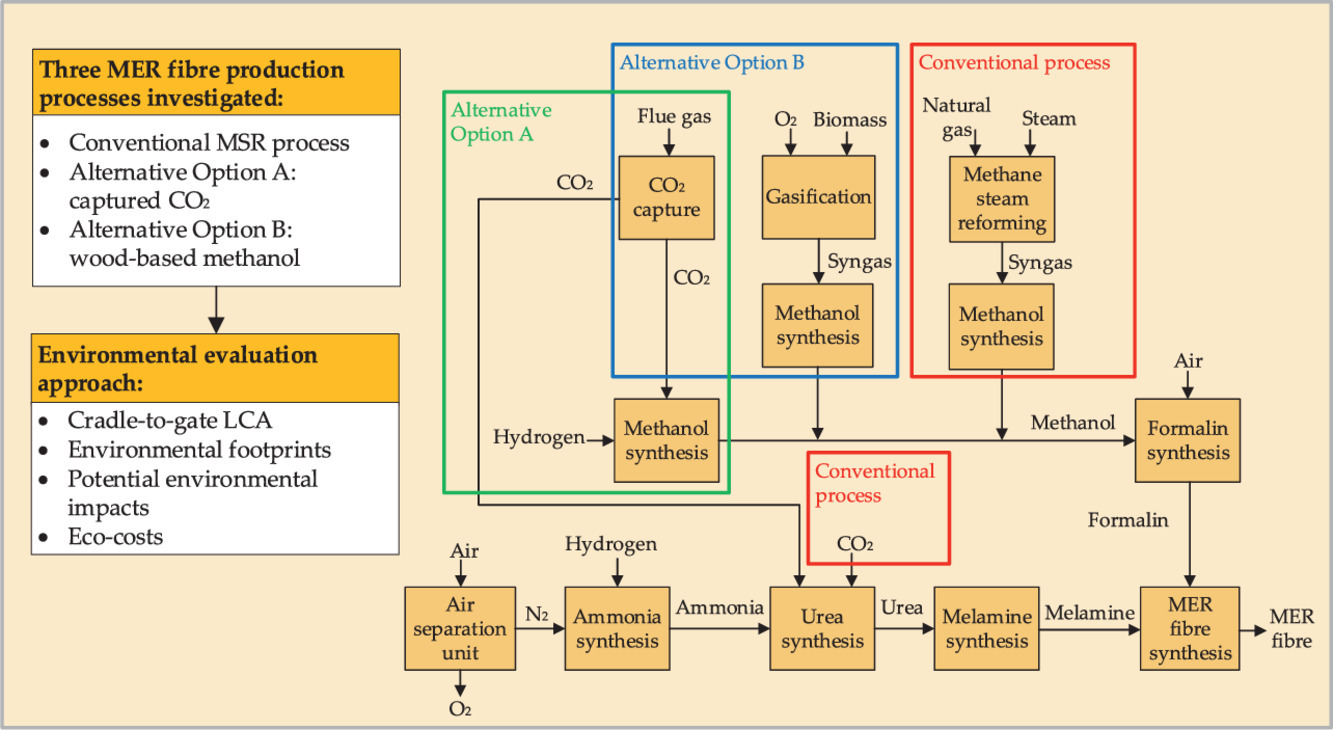Elsevier,
The Lancet Regional Health - Western Pacific, Volume 18, January 2022
This Comment article supports SDG 3 by highlighting the role and vision of the Pacific School Food Network in fostering healthier school food environments, with the involvement of members from the government, UN agencies, academia, and NGO's representing the areas/sectors of agriculture, biodiversity, education, health, natural resource management, school nutrition and sustainable development.
Elsevier,
The Lancet Infectious Diseases, Volume , 2022
This Article supports SDG 3 by highlighting the importance of addressing risk factors such as child wasting, smoking, ambient particulate matter pollution, and household air pollution, to reduce the mortality rate and health disparities due to lower respiratory infections.
An article focused on (i) understanding how climate change is decreasing ocean biodiversity and (ii) identifying the planetary health impacts accelerated by ocean biodiversity erosion.
Elsevier,
Translational Oncology, Volume 15, January 2022
This article analyzes the correlation between the mental stress and severe psychological impacts, specifically chronic stress, that patients with breast cancer experience and reviews the previous research on the correlation between chronic stress and the occurrence and development of breast cancer.


